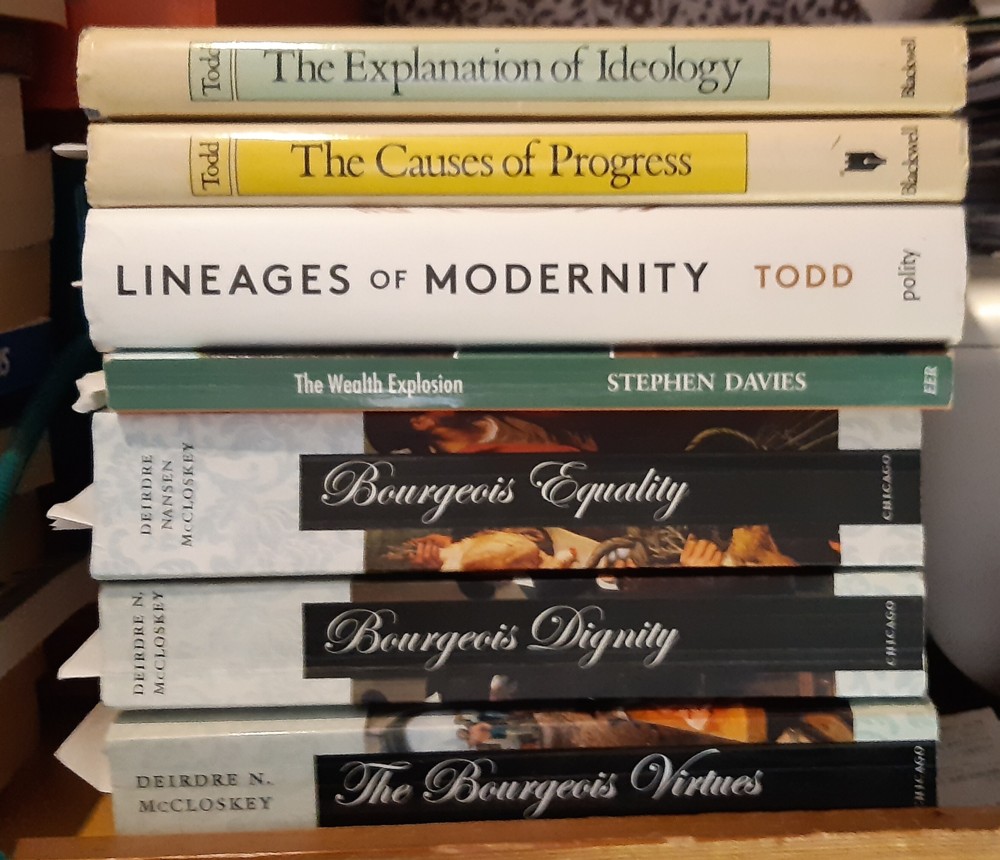I seem to recall a lecture, given by Steve Davies at the IEA just before Covid and the political reaction to Covid started spoiling all our lives, in which he warned that modernity might be stopped in its tracks or worse by some unforeseeable disaster, and that we should watch out. And I’m pretty sure that, during the Q&A, he even mentioned the possibility of a pandemic.
Now however, Steve Davies says, not unreasonably or inconsistently, that the future is brighter than many now, as the Covid crisis persists, assume or at least fear:
People everywhere need to recover their sense of confidence and optimism and to realise not only that this is, undoubtedly, the best time ever to be alive, but also that the future will be even better.
Davies then writes about four technologies which he says will transform life for the better: autonomous vehicles, synthetic food, artificial intelligence, and anti-aging medical treatments. So, life will not only be better; it will also last for far longer.
Regular readers of this blog will know that recently I have particularly noticed technology number two in the Davies list, synthetic food. And number one, autonomous vehicles, has long been to be an interest of mine also. I agree that both will be “epoch making”, eventually.
But I probably won’t live to see either epoch unfold. As far as I’m concerned, that last one, extended life-span, through the conquest of such things as cancer, can’t come too quickly. Which is why it almost certainly won’t come, for me, quickly enough.
However, I recently I heard some wisdom based on recent personal experience spill out of my mouth, to the effect that, now, being told that I have a potentially quite-soon-fatal disease, at my already quite advanced age, is a big deal, but not that big a deal. This just means that I will die a bit sooner. But what if such a medical mishap meant that I died a lot sooner, like about a two hundred years or more sooner? That would be a very big deal. In an age of multi-century lifespans, if that is what is about to arrive, people will surely become far more risk averse even than they are now, because they will have so much more to lose by dying.
But then again, adolescent boys have long had a lot to lose and they are notoriously prone to risk-taking, just for the hell of it. So, what do I know?
In general, will people actually be any happier? I doubt this, because happiness seems to depend more on one’s internal mood than on one’s mere circumstances. I don’t feel any more miserable now than I was a couple of years ago, when I was unaware of my medical condition and before it started or at any rate before it started hurting.








